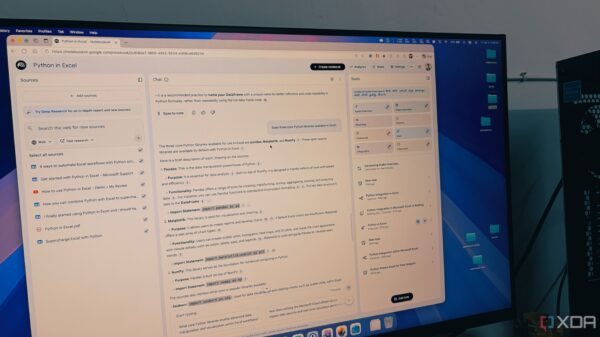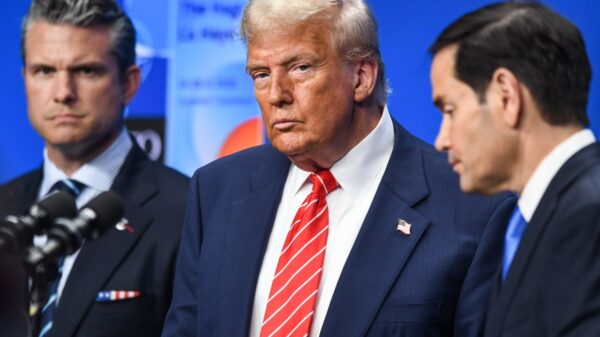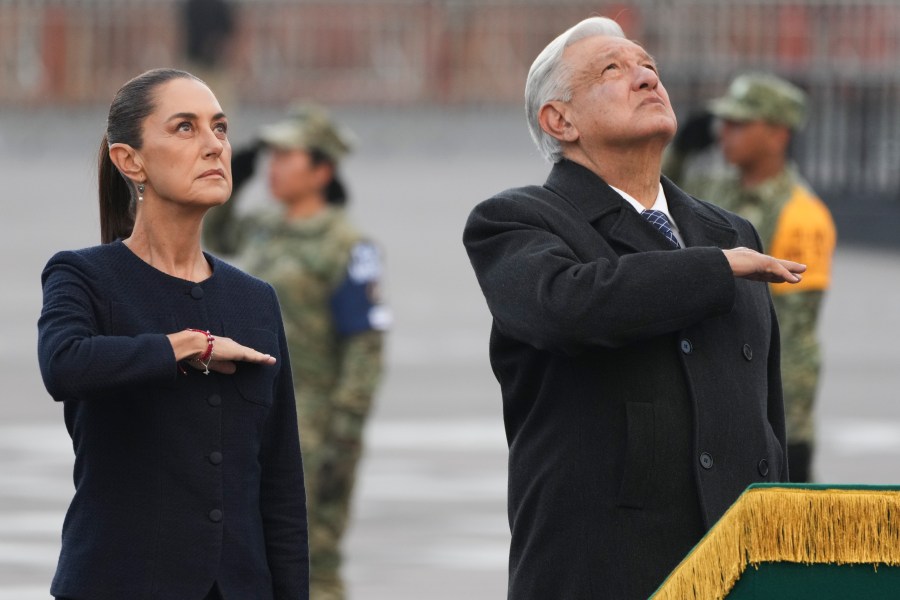The newly elected Supreme Court in Mexico will officially begin its term on Monday, marking a pivotal moment in the nation’s judicial history. This court, the first to be elected rather than appointed, faces a critical test of its independence from the ruling party, which has significantly influenced judicial elections in the country. Observers will closely monitor how the court navigates its role amid concerns of potential politicization.
Of the nine justices, only three have prior experience on the high court, while the remaining justices, including the court’s newly appointed president, Hugo Aguilar, bring fresh perspectives. Aguilar, a lawyer renowned for his advocacy of Indigenous rights, will lead a court that has been tasked with addressing pressing legal issues while maintaining its autonomy.
Context of Judicial Elections in Mexico
The concept of judicial elections was introduced by former President Andrés Manuel López Obrador, who argued that elected judges would enhance accountability and diminish corruption. Critics, however, express concern that such elections may politicize the judiciary. Instances have been reported where voting materials highlighted candidates aligned with the governing party, raising questions about the integrity of the election process. With over 7,700 candidates competing for more than 2,600 judicial positions, many voters found the election process overwhelming.
The Supreme Court’s independence is particularly vital as it has occasionally acted as a counterbalance to López Obrador’s administration, which currently commands majorities in both legislative chambers. Juanita Goebertus, Americas director for Human Rights Watch, emphasized the importance of the court adhering strictly to the law, stating, “If the court wants to ensure its independence, it cannot rule in a partisan manner simply to support the government’s position.”
Key Issues Awaiting Judicial Review
As the new court takes its seat, it faces nearly 1,400 pending cases, including several high-profile issues that could significantly impact Mexican society. One such issue is the controversial policy of mandatory pretrial detention, expanded under López Obrador to include nonviolent offenses. This policy has drawn international criticism for potentially violating treaties that Mexico has ratified.
Both the U.N. High Commissioner for Human Rights Office and the Inter-American Court on Human Rights have called for the repeal of this policy, which critics argue infringes on the rights of the accused. In 2023, four out of ten individuals in Mexican prisons had not been convicted of a crime, according to the Federal and State Penitentiary Systems census. The previous court chose not to address this contentious issue before its term ended.
Another significant matter is abortion access. Previous court rulings in 2021 and 2023 expanded access to abortion, declaring federal criminal penalties unconstitutional as violations of women’s rights. However, the new court will need to consider challenges to state laws where abortion remains criminalized. The uncertainty surrounding the court’s approach to these cases leaves many advocates concerned about the future of reproductive rights in Mexico.
Additionally, the court will have to address ongoing challenges related to transgender rights. Previous rulings mandated that civil registry offices permit transgender individuals to change their gender on official documents without judicial intervention. While the court extended these rights to minors in 2022, only seven of Mexico’s 32 states currently allow such modifications for children, highlighting disparities in legal protections across the country.
Finally, the new court will confront issues stemming from recent legislative changes to the mining sector, enacted with minimal debate by the governing party. These changes include reducing the maximum length of mining concessions from 50 years to 30 years and allowing authorities to cancel concessions if no work is performed within two years. The mining industry, often criticized for ecological damage and its impact on impoverished communities, has prompted complaints that will now be scrutinized by the court.
The Supreme Court’s ability to navigate these complex issues while maintaining its independence will be crucial. As it embarks on this new chapter, the court’s decisions will shape not only its legacy but also the broader landscape of justice and human rights in Mexico.
For ongoing coverage of developments in Latin America, follow updates at AP News.






































































